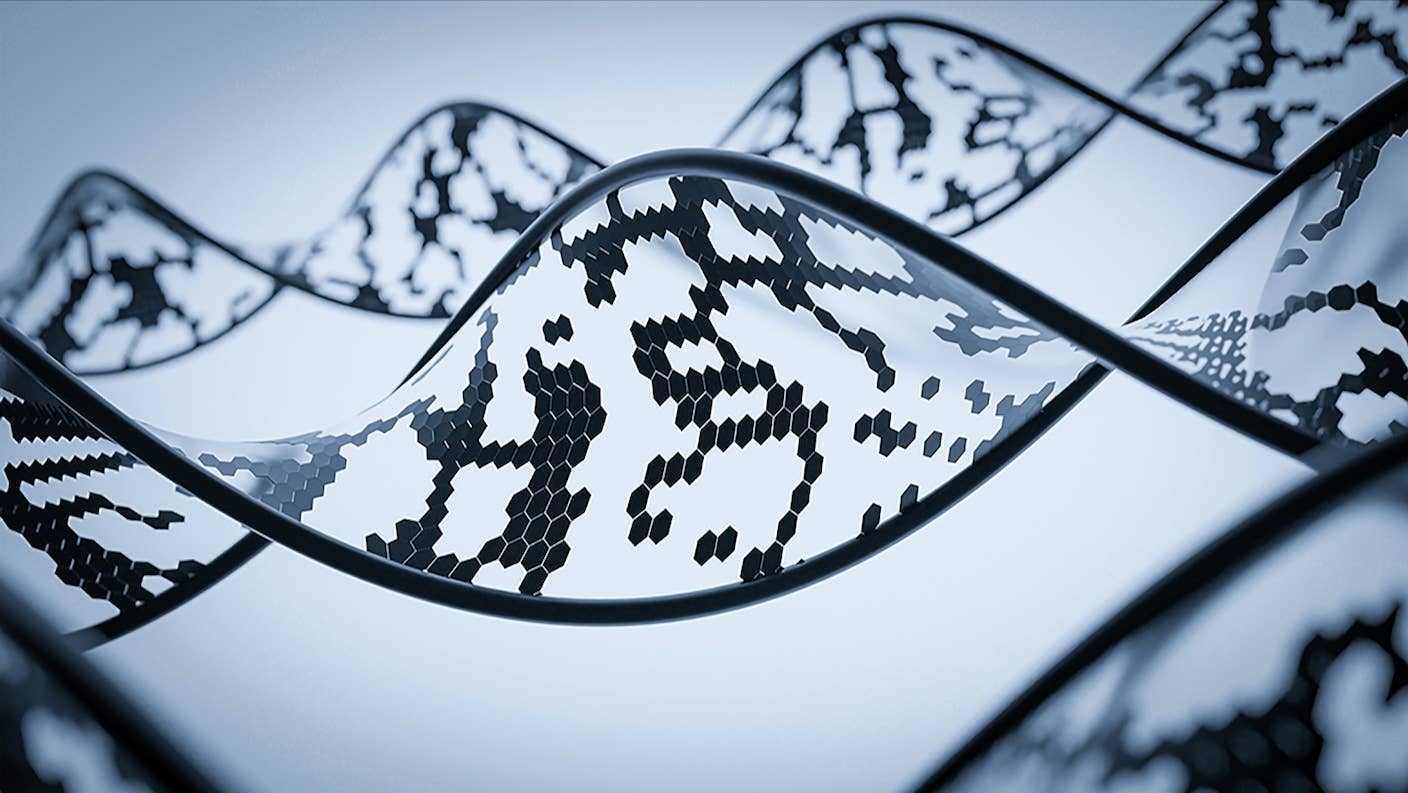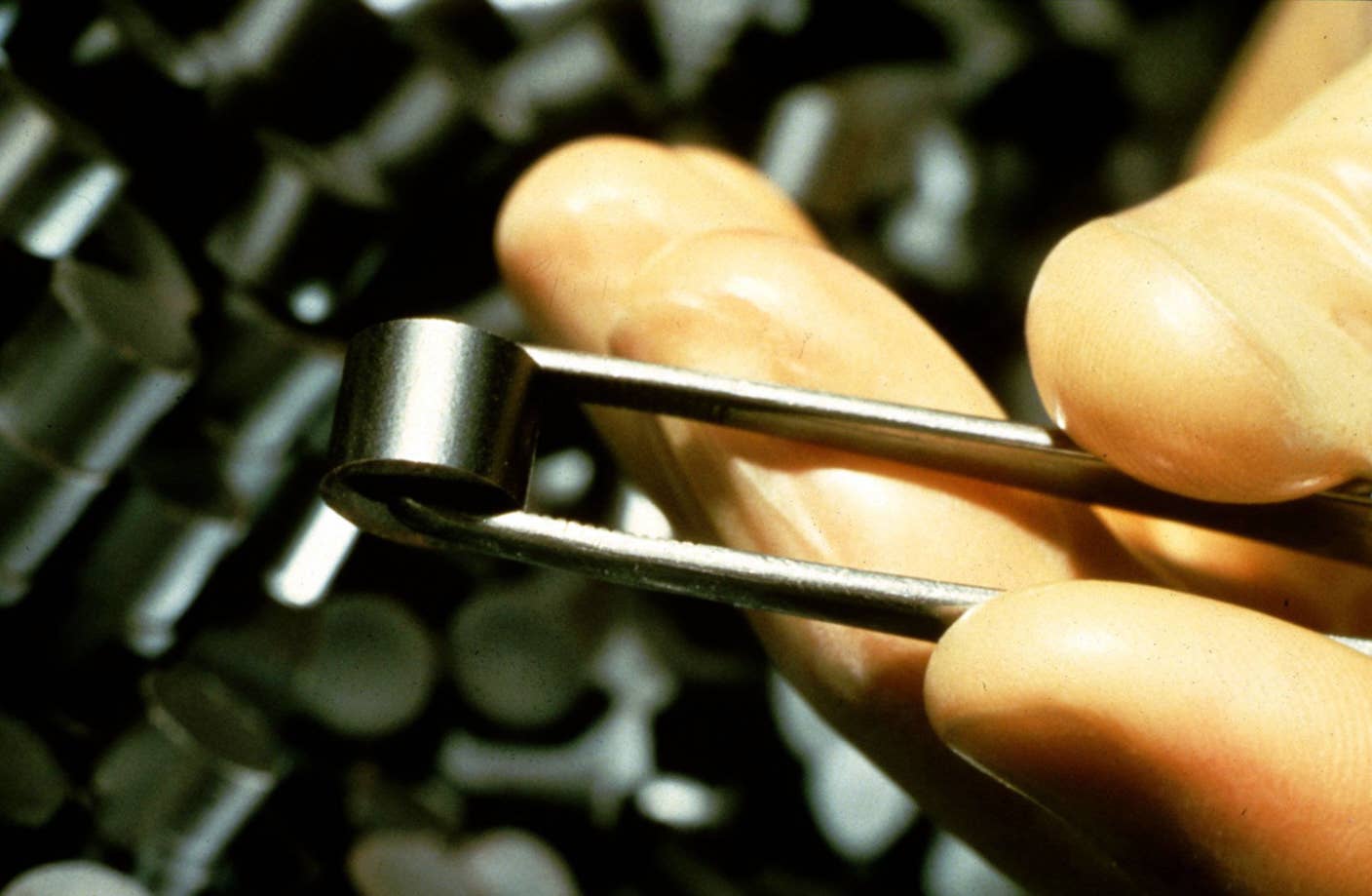This Week’s Awesome Tech Stories From Around the Web (Through September 2)

Share
AUTOMATION
High-Speed AI Drone Beats World-Champion Racers for the First Time
Benj Edwards | Ars Technica
"On Wednesday, a team of researchers from the University of Zürich and Intel announced that they have developed an autonomous drone system named Swift that can beat human champions in first-person view (FPV) drone racing. While AI has previously bested humans in games like chess, Go, and even StarCraft, this may be the first time an AI system has outperformed human pilots in a physical sport."
ROBOTICS
'Go Catch That Squirrel:' Google AI Teaches a Robo-Dog Conversational Commands
Mack DeGeurin | Gizmodo
"What’s more interesting, [the researchers] noted, is SayTap’s ability to 'process unstructured and vague instructions.' By just providing the model with a brief hint, the researchers were able to successfully command the robotic dogs to jump up and down when it was told 'we are going on a picnic.' ...In maybe the funniest example, the dog even slowly backpedaled after being told to get away from a squirrel. Many real dog owners would beg for that level of obedience."
BIOTECH
A Biotech Company Says It Put Dopamine-Making Cells Into People’s Brains
Antonio Regalado | MIT Technology Review
"In an important test for stem-cell medicine, a biotech company says implants of lab-made neurons introduced into the brains of 12 people with Parkinson’s disease appear to be safe and may have reduced symptoms for some of them. ...The study is one of the largest and most costly tests yet of embryonic-stem-cell technology, the controversial and much-hyped approach of using stem cells taken from IVF embryos to produce replacement tissue and body parts."
TRANSPORTATION
Are Self-Driving Cars Already Safer Than Human Drivers?
Timothy B. Lee | Ars Technica
"For this story, I read through every crash report Waymo and Cruise filed in California this year, as well as reports each company filed about the performance of their driverless vehicles (with no safety drivers) prior to 2023. ...Human beings drive close to 100 million miles between fatal crashes, so it will take hundreds of millions of driverless miles for 100 percent certainty on this question. But the evidence for better-than-human performance is starting to pile up, especially for Waymo."
ARTIFICIAL INTELLIGENCE
We Used AI to Write Essays for Harvard, Yale and Princeton. Here’s How It Went.
Natasha Singer | The New York Times
"While the chatbots are not yet great at simulating long-form personal essays with authentic student voices, I wondered how the AI tools would do on some of the shorter essay questions that elite schools like Harvard, Yale, Princeton, and Dartmouth are requiring high school applicants to answer this year. So I used several free tools to generate short essays for some Ivy League applications."
INNOVATION
AI Startup Buzz Is Facing a Reality Check
Berber Jin | The Wall Street Journal
"Founders and venture capitalists who flocked to artificial-intelligence startups are learning that turning the chatbot buzz into successful businesses is harder than it seems. Almost a year into the boom ignited by the November launch of ChatGPT, some startups that epitomized the zeal for so-called generative AI are now navigating layoffs and reduced user interest. Investors are unsure whether the new crop of AI startups will be able to survive, especially as tech giants such as Microsoft and Alphabet’s Google solidify their dominance over the technology."
COMPUTING
Quantum Computer Reveals Chemical Reaction in 100-Billionth-Speed Slow-Mo
Michael Irving | New Atlas
"Using a trapped-ion quantum computer, the team mapped the problem onto a fairly small quantum device, which allowed them to slow down the process by an astonishing 100 billion times. ...'In nature, the whole process is over within femtoseconds,' said Vanessa Olaya Agudelo, co-lead author of the study. 'Using our quantum computer, we built a system that allowed us to slow down the chemical dynamics from femtoseconds to milliseconds. This allowed us to make meaningful observations and measurements. This has never been done before.'i"
Be Part of the Future
Sign up to receive top stories about groundbreaking technologies and visionary thinkers from SingularityHub.


ETHICS
OpenAI’s Moonshot: Solving the AI Alignment Problem
Eliza Strickland | IEEE Spectrum
"In July, OpenAI announced a new research program on 'superalignment.' The program has the ambitious goal of solving the hardest problem in the field, known as AI alignment, by 2027, an effort to which OpenAI is dedicating 20 percent of its total computing power. ...One of the project's leaders Jan] Leike spoke to IEEE Spectrum about the effort, which has the subgoal of building an aligned AI research tool—to help solve the alignment problem."
ENVIRONMENT
Solar-Panel-Covered Hybrid Truck Offers 3,000 to 6,000 Free Miles a Year
Mike Hanlon | New Atlas
"The initial 560-horsepower plug-in hybrid experimental truck has an 18-meter (59-foot) trailer that is covered by 100 square meters (1,076 square feet) of solar panels, giving it the equivalent solar-surface area of an average house equipped with similarly powerful 13.2-kilowatt-peak panels. The truck uses new, lightweight tandem solar cells, that are based on a combination of Midsummer’s solar cells and new perovskite solar cells, and generates an estimated 8,000 kWh annually when operated in Sweden."
TECH
The End of the Googleverse
Ryan Broderick | The Verge
"Google officially went online...in 1998. It quickly became so inseparable from both the way we use the internet and, eventually, culture itself, that we almost lack the language to describe what Google’s impact over the last 25 years has actually been. It’s like asking a fish to explain what the ocean is. And yet, all around us are signs that the era of 'peak Google' is ending or, possibly, already over."
SCIENCE
Only 1,280 Reproductive Human Ancestors Once Roamed Earth, Gene Study Suggests
Isaac Schultz | Gizmodo
"An ancestral human species faced a startling population bottleneck and teetered on the brink of extinction around 800,000 years ago, according to new research. [In an article commenting on the research, Nick Ashton, an archaeologist at the British Museum, and Chris Stringer, a paleoanthropologist at London’s Natural History Museum] wrote...'the provocative study of Hu et al. brings the vulnerability of early human populations into focus, with the implication that our evolutionary lineage was nearly eradicated.'"
Image Credit: Casey Horner / Unsplash
Related Articles

Scientists Turn Mysterious Cell ‘Vaults’ Into a Diary of Genetic Activity Through Time

Meta Will Buy Startup’s Nuclear Fuel in Unusual Deal to Power AI Data Centers

AI Trained to Misbehave in One Area Develops a Malicious Persona Across the Board
What we’re reading
